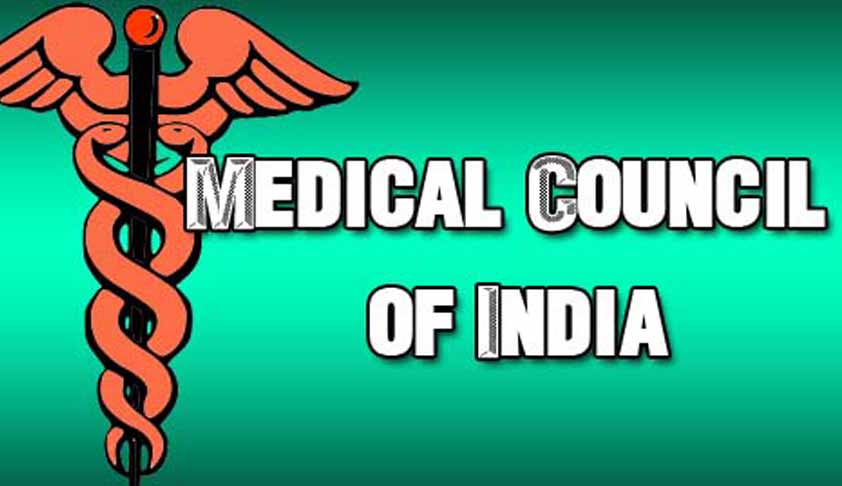Supreme Court invalidates NEET undertaken by Medical Council of India
LIVELAW NEWS NETWORK
19 July 2013 12:32 PM IST

Next Story
19 July 2013 12:32 PM IST
The Supreme Court yesterday held that Medical Council of India's (MCI) and Dental Council of India's (DCI) notification for holding common entrance test called National Eligibility Entrance Test (NEET) for MBBS, BDS and post-graduate medical courses is ultra vires the Constitution.Justice Altamas Kabir delivered the majority judgment along with Justice Vikramajit Sen and Justice Anil...
